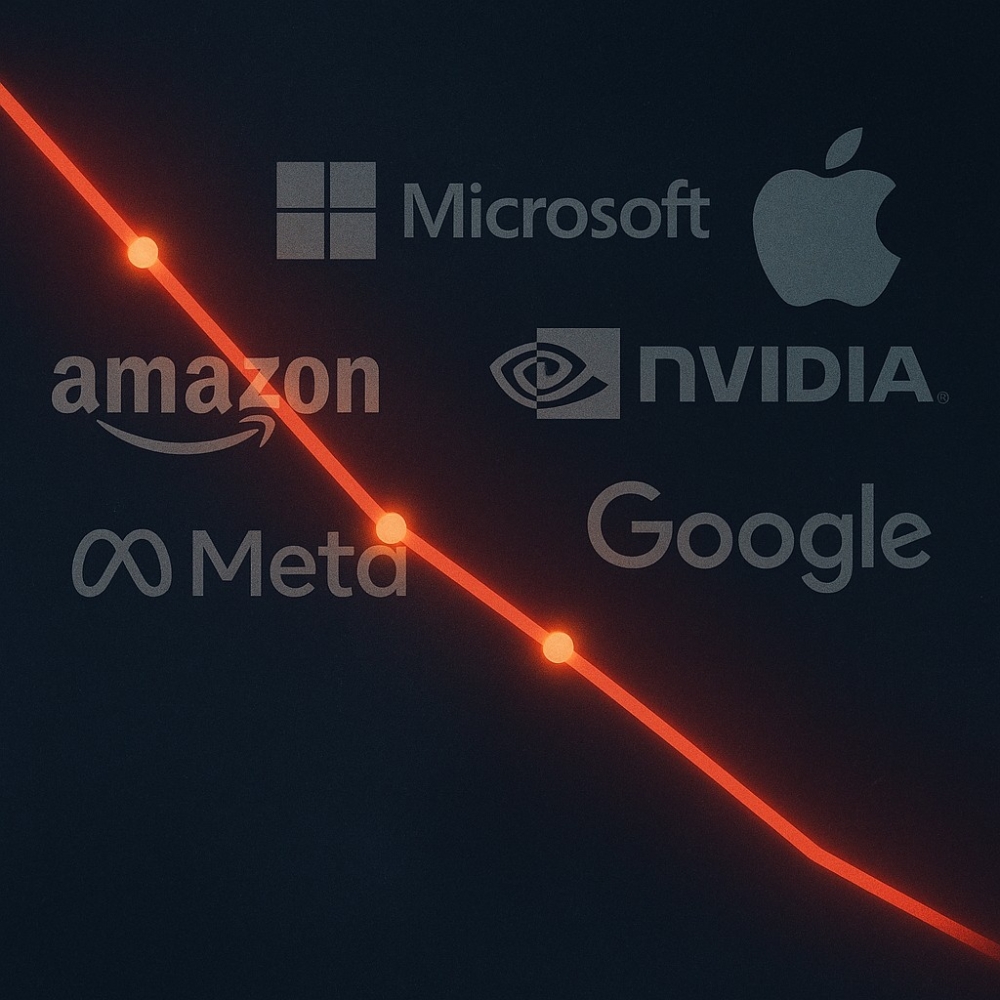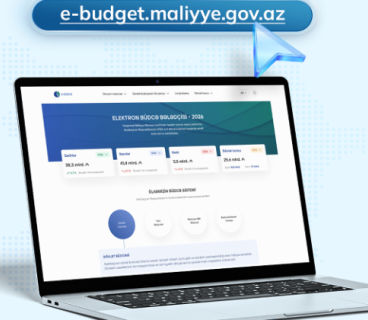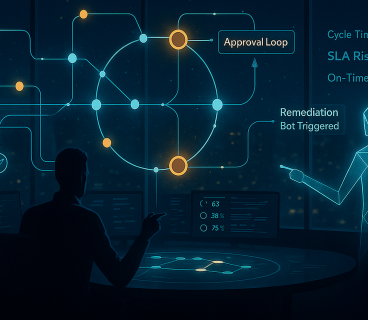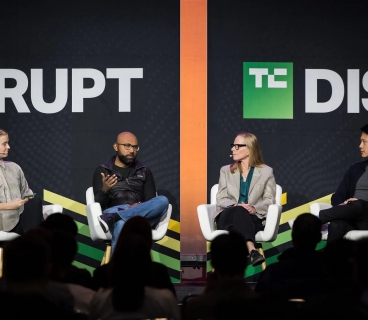By mid-2025, the global IT industry is facing a range of economic and technological pressures. The world’s largest tech companies – Meta, Microsoft, Amazon, Google, Apple, and Nvidia – are experiencing a challenging period due to slowing revenue growth, the impact of the transition to artificial intelligence on the labor market, and geopolitical tensions.
Slowing revenue growth among major companies
The “Magnificent 7” companies saw strong revenue growth at the end of 2023 and early 2024, but by 2025 this growth has noticeably slowed. Analysts believe these companies will maintain their competitive advantages, but for the market to expand further, other S&P 500 firms also need to improve their performance.
Artificial intelligence and workforce reductions
With the rise of artificial intelligence, many companies are cutting operational costs and reallocating resources to more strategic areas by reducing their workforce. In the first half of 2025, tech giants like Meta, Microsoft, Amazon, and Intel have laid off thousands of employees. This trend highlights the impact of AI on the labor market and the strategic steps companies are taking to preserve competitiveness.
Geopolitical risks and trade tensions
Global trade tensions, especially between the US and other countries, are negatively affecting the operations of technology companies. These tensions cause disruptions in supply chains and increase market uncertainty. To mitigate these risks, companies are diversifying their suppliers and working to make production processes more resilient.
Overall economic slowdown and technology industry outlook
Global economic growth is expected to slow to around 3.3% in 2025, which will limit the growth of the technology sector. Nevertheless, investments in the US technology industry are forecasted to increase by 6.1%, reaching $2.7 trillion. This growth is driven by rising demand for artificial intelligence and other emerging technologies.
In summary, the slowdown in the global IT industry in 2025 is linked both to reduced revenue growth and the impact of artificial intelligence on the labor market. Companies must take strategic actions to maintain competitiveness and ensure long-term resilience. It is crucial to closely monitor how evolving economic conditions and technological advancements will shape these trends going forward.












